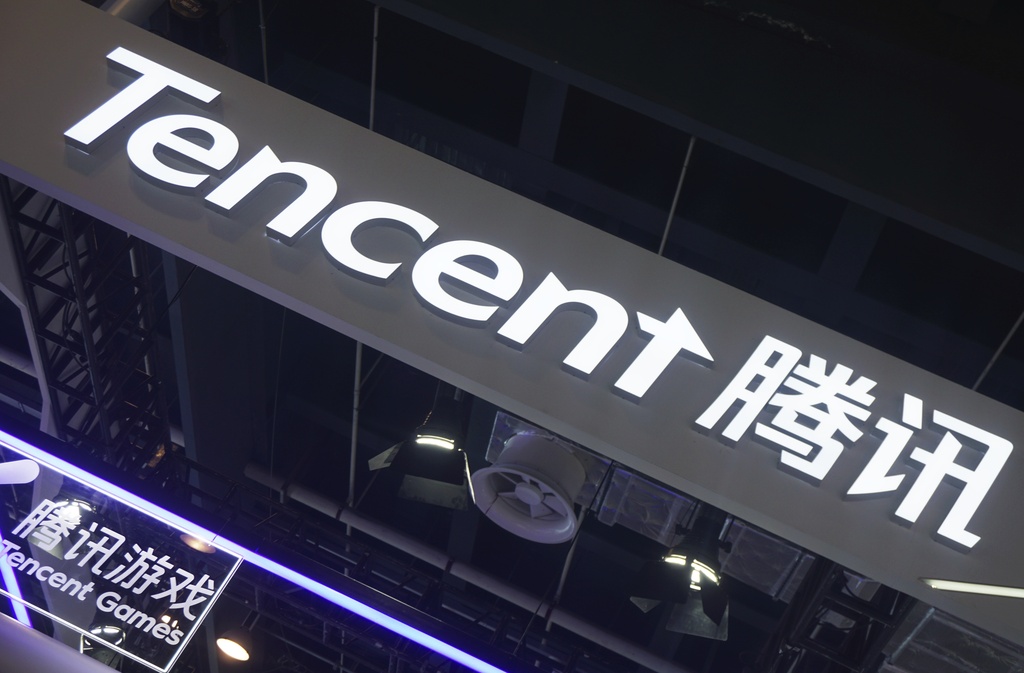
We are placing NetEase [NTES] under review following the Chinese government's release of new draft regulations affecting the gaming sector.
Should these rules be put into effect, they could adversely affect the revenue of gaming companies, with NetEase potentially facing considerable challenges. Latest developments have triggered a sharp decline in the stock values of Tencent [TCEHY] and NetEase, with shares dropping more than 10% last week. We believe this market reaction is justified due to the expansive scope of the new draft rules.
But while these developments could have far-reaching consequences, we are maintaining our current fair value estimates for Tencent and CMGE Technology, as they appear to face a less severe impact from the draft rules. Our position is subject to change as we await further information from gaming companies as to how the new regulations will affect their sales.
How Will The New Rules Work?
No More Daily Login Rewards or Bonuses
Rule 18 of the proposals eliminates daily login rewards, bonuses for first-time top-ups, and rewards for consecutive purchases – key elements that drive player engagement and in-app purchasing behaviour. The removal of these incentives is likely to reduce daily active users and in-app revenue, and could eventually force publishers to fundamentally overhaul their game design and monetisation strategies.
No Converting in-Game Assets into Real Cash
Rule 23 is set to prohibit publishers from facilitating the conversion of in-game assets into real cash. This is a heavy blow for companies like NetEase, which operate numerous massively multiplayer online role-playing games, or MMORPGs, with intricate economies and a wealth of virtual assets such as gear, currency, and collectibles. Preventing the cash-out of these assets threatens to drain the in-game economy's liquidity and could dissuade players from making investments in virtual goods.
Reduction in Revenue from Loot Boxes
Lastly, Rule 27 mandates that game providers offer players alternative methods to acquire virtual items that are also available in loot boxes. This requirement could diminish the rarity and value of items currently exclusive to loot boxes, which have traditionally been a significant revenue stream for gaming companies.





























